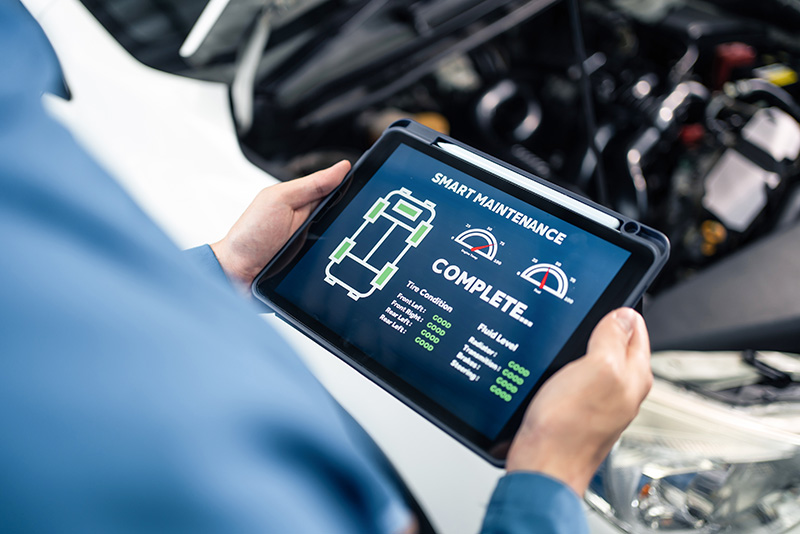In recent years, the automotive industry has witnessed a significant shift towards electric vehicles (EVs), with hybrid models like the Plug-In Hybrid Electric Vehicles (PHEVs) gaining popularity. However, this transition has not been without challenges, particularly concerning battery reliability and safety. A case in point is the recent issue with certain 2021-2023 model year Jeep Wrangler PHEVs.
The Core Issue
The heart of the problem lies in the high voltage (HV) battery of some Jeep Wrangler PHEVs, which have been reported to fail internally. This issue first came to light in May 2023 when the FCA Technical Safety and Regulatory Compliance (TSRC) organization received two field reports of 2021 Jeep Wrangler PHEVs catching fire due to the HV battery. Following these alarming reports, FCA bought back the vehicles for in-depth analysis. By November 2023, seven such incidents had been reported, prompting FCA US to initiate a voluntary safety recall of the affected vehicles.
Investigating the Cause
The root cause of these battery failures remains unidentified and under investigation. The suspect period for these faults began on September 18, 2020, with the issue being potentially linked to battery cells manufactured between January 21, 2021, and October 2, 2021. These dates were determined using supplier manufacturing records, indicating a specific window during which the faulty cells were produced.
Broader Challenges with EV Batteries
This situation with Jeep Wrangler PHEVs brings to light broader concerns in the EV industry regarding battery safety and reliability. Battery issues in electric vehicles can stem from various factors, including manufacturing defects, improper management of battery temperature, overcharging, or physical damage to the battery. Such problems can lead to reduced battery life, decreased performance, and in extreme cases, safety hazards like fires.
The recall of the Jeep Wrangler PHEVs underscores the importance of ongoing monitoring and quality control in the production of EV batteries. Manufacturers must implement stringent quality checks and improve battery technology to prevent such incidents. Furthermore, understanding and rectifying the root cause of these failures is crucial for the advancement and consumer confidence in EV technology.
Owners are advised not to recharge their vehicles, and to park outside and away from structures, until they are repaired. Dealers will update the high voltage battery pack software and replace the battery pack assembly if necessary. FCA US, LLC’s number for this recall is 89A and the NHTSA campaign number is 23V-787.
The case of the Jeep Wrangler PHEV batteries serves as a reminder of the complexities and challenges associated with the EV revolution. While the shift to electric mobility is imperative for sustainable transportation, it also demands heightened attention to the safety and reliability of EV components, especially batteries. As the industry evolves, continuous improvements and vigilance in battery technology and manufacturing processes will be key to ensuring the safety and satisfaction of EV users worldwide.






 Recent developments in automotive safety have brought to light a significant issue with the 2021-2023 Volkswagen ID.4 models. These vehicles have been identified as having door handles that fall short of the required standards for water ingress protection. This defect poses a serious safety risk, as it can lead to malfunctions in the door lock system, causing doors to open unexpectedly.
Recent developments in automotive safety have brought to light a significant issue with the 2021-2023 Volkswagen ID.4 models. These vehicles have been identified as having door handles that fall short of the required standards for water ingress protection. This defect poses a serious safety risk, as it can lead to malfunctions in the door lock system, causing doors to open unexpectedly.

